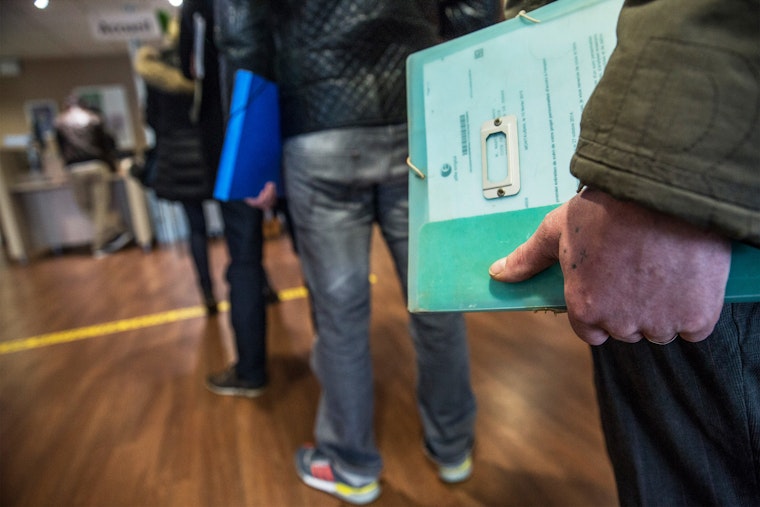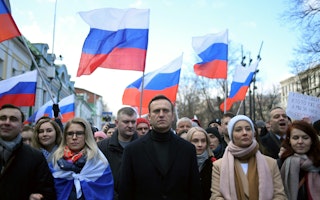Why Europe Can No Longer Afford to Ignore Inequality
By Stefano Scarpetta

Income inequality has been growing in many European and other advanced economies in recent decades, a pattern that threatens the very fabric of our social, economic, and political systems.
The numbers are troubling not only because high inequality is harmful to social cohesion but also because it hinders long-term growth as people at the low end of income distribution—the bottom 40 percent—cannot invest adequately in education and health for themselves or their children. This tends to make inequality self-perpetuating from one generation to the next.
In the 1980s, the average disposable income of the richest 10 percent was around seven times that of the poorest 10 percent; today, it is around nine and a half times higher. The gap in household wealth is even wider: the 10 percent wealthiest households hold half of total wealth while the bottom 40 percent own barely 3 percent.
A child from a disadvantaged socioeconomic background will score on average 20 percent worse in mathematics than advantaged classmates. Those in low-income groups are four times more likely to report unmet medical needs for financial or other reasons. Poorer health and lower educational attainment in turn close the door to employment opportunities.
Indeed, one of the biggest dangers of inequality, according to a report from the OECD Centre for Opportunity and Equality that looks at the problem in Europe, is that it limits opportunities for social mobility. Many Europeans are increasingly pessimistic about their children’s chances to do better economically than they have. More believe today that individual effort can’t really help get them significantly up in the income latter, and that hard work won’t completely compensate for a poor upbringing.
The belief that the economic system has failed them erodes their trust in government and institutions. People see themselves as victims of globalization and wonder why they must bear the brunt of crises for which they have no responsibility. These frustrations amid a slow economic recovery after the 2008 global financial crisis are fueling the political tensions we see in many European countries today.
But inequality also reinforces social barriers between groups [PDF], the report finds. People find difficulty connecting to those whose lives diverge so starkly from their own. Feelings of injustice give rise to mistrust of those they see as having unfair advantages. And the unraveling of these social ties can then lead to a climate of intolerance and discrimination that further undermines stability.
Empowering citizens will be a critical factor in restoring this trust and social cohesion. Understanding public sentiments and making efforts to put people at the center of public policy will be an important step in this journey. This is all the more urgent in the context of the major technological advances that are already starting to transform the nature of work. Addressing these issues also means ensuring that the most disadvantaged groups who suffer disproportionally from inequalities—for instance, low-skilled youth and migrants—don’t get left behind.
Closing the socioeconomic divide won’t be easy, but the stakes are too high to ignore. What the report shows is that a society drifting further apart poses a risk not just to those at the bottom but to everyone involved.
The OECD Centre for Opportunity and Equality is a grantee of the Open Society Foundations.
Download the complete report on socioeconomic inequality in Europe.
Stefano Scarpetta is director for employment, labor, and social affairs at the Organisation for Economic Co-operation and Development (OECD).


